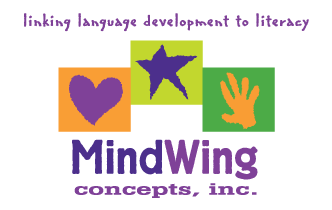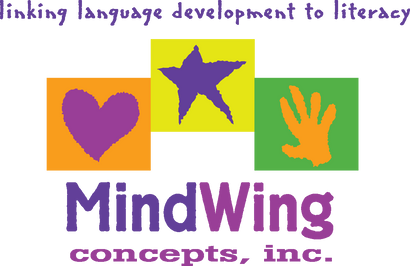Secure Checkout. FREE SHIPPING for Continental U.S. Orders over $60.
Menu
-
- Home
-
About Us
-
The Approach
-
Linking Language & Literacy
-
MindWing Learning
-
Learning Resources
-
SHOP
-
Blog
-
- About MindWing
- Our People
- Contact Us
- Your Account
- Login
-
United States (USD $)

Secure Checkout. FREE SHIPPING for Continental U.S. Orders over $60.
MindWing Concepts Blog

Tool Tuesday: Transcribe with AI
March 24, 2025
This past ASHA Convention in Seattle, my friends and colleagues Meghan Graham and Caroline Brinkert from Boston University discussed the importance of language sampling in supporting student growth, specifically in preschool. They also described barriers to language sample analysis, including time investment and clinicians’ uncertainty and lack of confidence in their skills for this kind of assessment. Truly, the time factor was always a big deal. Recording, playing, and rewinding cassette tape recordings, as we typed out a sample, gave way to doing the same with digital recordings on our phones and iPads, saving little time. AI transcription utilizes Automatic Speech Recognition (ASR) technology, which is based on language and learning models that interpret human speech and convert a recording into text.

Tool Tuesday: Scribblenauts!
January 24, 2025
Lately, I’ve been coming back to an oldie-but-goodie resource, SCRIBBLENAUTS (“Remix” version available for iPad or iPhone for $.99 with tons of content, other options explored below). Scribblenauts is a puzzle game where players can type in upwards of 20,000 nouns, even with adjective modifiers, to bring in objects that help solve stated problems within the scene. As such, it provides an open-ended “sandbox” with a range of stories solvable with actions and elaborated noun phrases. I like to think of Scribblenauts as a series of mini-lessons, one of those 5-10 min “rewards” for students that are actually language therapy activities...

Tool Tuesday: “What is this Feeling?”
January 06, 2025

The Holiday Hustle: Finding Time for Meaningful Holiday-Themed Story Grammar Marker® Lessons
December 17, 2024

Tool Tuesday: The story of creating an AI-generated story!
November 25, 2024

Tool Tuesday: Create a Halloween (or Other) Story Song
October 25, 2024
